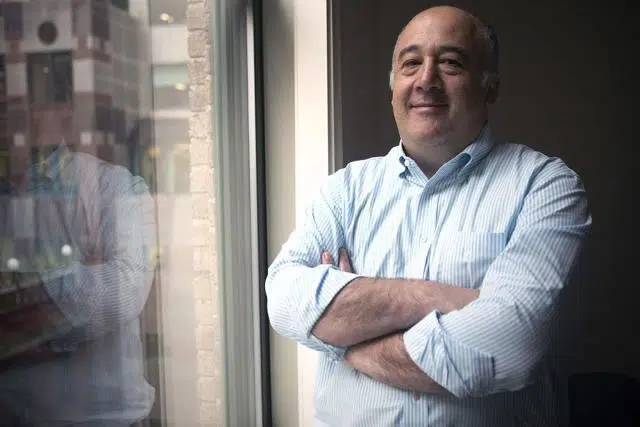PUBLISHED: 24th August 2020

By Ken Deutsch
It was 2014 and I saw a post on Facebook from a second cousin whose sister had just died from ovarian cancer. I had recently been diagnosed with bladder cancer, so I discussed genetic testing with my doctor. Knowing that BRCA status can impact screening and treatment decisions for family members, I knew that getting tested was crucial.
It was not a surprise that I tested positive for a BRCA1 mutation. While I didn’t think of it before seeing that Facebook post, I guess I always knew something in my family was amiss. My father and his mother, my grandmother, both died of pancreatic cancer and my aunt passed away from breast cancer. There was something going on. This genetic test just confirmed it.
Since my mutation diagnosis, multiple family members - male and female - have tested positive as well. When my cancer metastasized, I was treated with platinum chemotherapy. While this treatment is the standard of care, as with other BRCA+ patients with bladder cancer, my chances of the cancer responding was greater than others.
It is not easy to be a male cancer survivor. FORCE is a good resource for those with hereditary cancer and I am glad to see they are expanding beyond just breast and ovarian cancer. As we learn more, we know that there are things that can be done to prevent cancer or to treat it if you get it.
Five years after being diagnosed with metastatic cancer I currently have no evidence of disease and staying this way means hope. There is always a chance that each of us will be an exceptional responder and that new targeted drugs for those of us with inherited mutations will come along to help us stay that way.
Ken Deutsch, BRCA1 Bladder Cancer Survivor